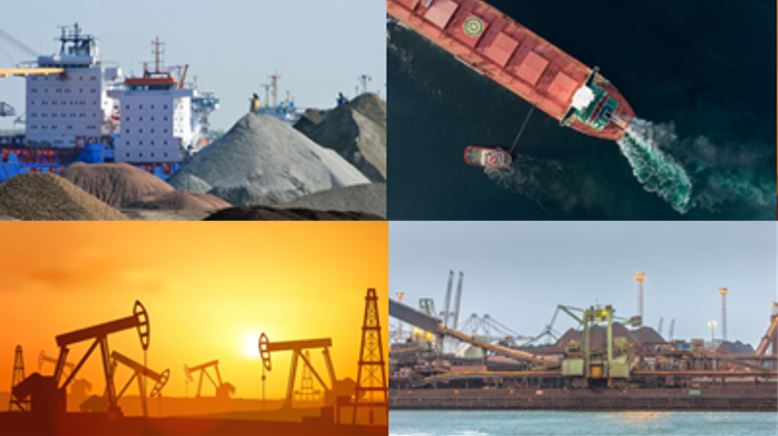Ship Shape:
Pax Sinica
It was announced this week that the Chinese government will be offering 140 billion yuan ($21.1 billion) in tax relief to companies. This package is one that is aiming to help the country deal with the economic impact of covid-19 spread and resulting lockdowns. The new measures included additional tax rebates and cuts on passenger car purchases, as well as a further delay in company contributions to the social insurance scheme.
These measures expand the scope of the ones announced in March, with most of the support going directly to companies rather than into the pocket of citizens. This has been a differing approach compared to other economies around the world who have a more important focus on consumer spending than only focusing on industrial output.
Let’s put this stimulus package into context.
UK war debt from the Second World War £21 billion, or $120 billion in today’s wonga, a serious amount of cash after a war that bankrupt the country. So large was this amount that the last repayment was only being paid to the United States in 2006. Franklin D. Roosevelt’s New Deal cost about $41.7 billion, or $856 billion in today’s terms. President George W. Bush signed the Economic Stimulus Act in 2008 to try to stop the effects of the financial crash, costing some $152 billion.
So in the grand scheme of government interventions it is not the largest, especially when compared to other similar ‘crisis’ times that have needed significant government support to get them out of whatever hole they were in. Now far be it from me to scoff at the amount of money that the Chinese government is putting in to support its economy, but more pointing out the fact that this kind of situation is quite new for the country’s ruling elite.
As the 20th National Congress of the Chinese Communist Party fast approaches attentions will be focused on President Xi’s confirmation on a third term. With the potential spectre of an unending virus situation overshadowing their leader’s epoch defining moment there is the potential for cracks to start to appear.
Many of us are well versed with the way the United States of America has conducted itself as the most powerful economic and military power in the world since the Second World War. Everything has to be bigger and better there. Their cars, bigger. Aircraft carriers, bigger. Waistlines, bigger. Pax Americana brought with it certain benefits for the home of liberty, but it also came with a great weight of responsibility.
The weight of responsibility in China dangles precariously around the neck of Xi Jinping, which is wonderful when the economy is growing 6% year-on-year, but less so when it’s your specific policy that is causing disquiet among the masses. With China standing on the precipice of becoming the largest economy in the world, its role in the world starts to complicate. This has been exposed with Russia’s invasion of Ukraine, with much of the same criticism also applicable to the economically up and coming India.
With Pax Sinica will come many questions and not all of them can be solved by locking down entire cities. This will not be the first challenge for China, but how it is handled will affect not just those living there, but the whole world economy and markets too.
